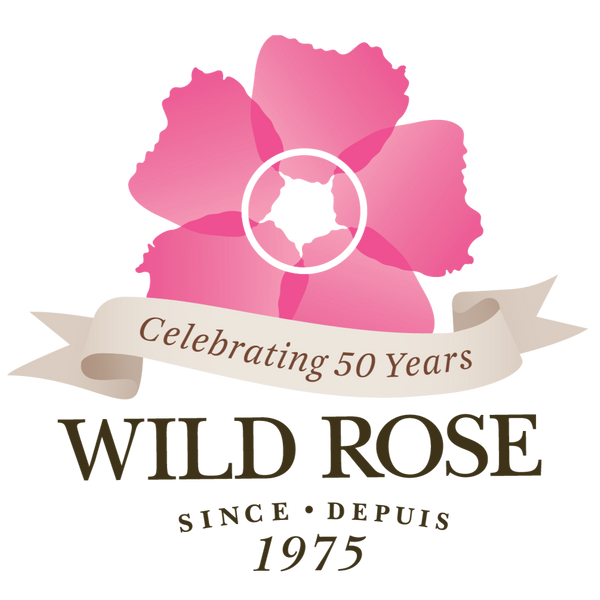Mullien
Action à base de plantes : Demulcent, emollient, expectorant, pectoral, diuretic, antirheumatic.
Recherche médicale/Utilisations :
The Oil is soothing to the ears for earaches and applied externally for eczema, piles and skin inflammation. The oil may also be dropped in the ear canal to treat earache. The usual dose is 4-6 drops in the affected ear 1 to 5 times a day. This should not be used if perforation of the eardrum is suspected.
The flowers are mildly diuretic and have a soothing and anti-inflammatory effect on the urinary tract. One-half drop doses of the mulleined oil four times a day has overcome some dribbling of the urine. This remedy seems to be serviceable as an external application to inflamed glands.
Externally, a poultice or fomentation of the leaves is a good healer of wounds and is also applied to ulcers, tumors and piles. The agent has long been a domestic remedy in the treatment of rheumatism. A fomentation is prepared from the leaves or the steam from a decoction is confined to the part, or compresses are wrung from a strong infusion of the leaves, and applied. Any preparation made from the leaves needs to be carefully strained in order to remove the small hairs, which can be an irritant. The juice of the plant and powder made from the dried roots is said to quickly remove rough warts when rubbed on them. It is not thought to be so useful for smooth warts.

